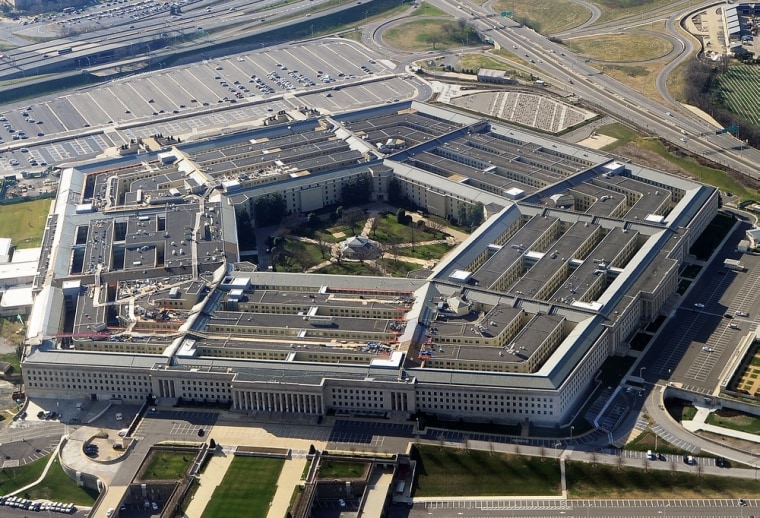For much of the Bush/Cheney era, with the nation fighting two wars in the Middle East, Republican policymakers found it necessary to play some budget tricks. GOP officials in the White House and in Congress had no intention of actually paying for the conflicts, or even including the costs in the budget, so they deemed most war spending an "emergency."
In the Obama era, policymakers made a conscious decision to be more responsible. Yesterday, House Republicans announced they want to re-embrace the Bush-era gimmicks. David Rogers
reported:
The great Achilles' heel in the House Republican budget Tuesday can be found in a blue-and-white chart, tucked away on Page 40 and mapping out a 10-year path for the annual appropriations bills that keep the government operating. On the surface, it appears to keep faith with the spirit of the discretionary spending caps under the 2011 Budget Control Act, a major priority for many fiscal conservatives. But to get the votes of party defense hawks, the budget makes a sweeping end run around the caps by declaring an additional $94 billion as emergency spending for the war against terrorism.
Four years ago, as part of the Republicans' debt-ceiling crisis, Congress approved budget caps limiting defense spending. Plenty of GOP lawmakers now regret the policy, known as "the sequester," and want to spend far more on the Pentagon, even while cutting discretionary spending on literally everything else.
And so Republicans are playing a little game, called the "Overseas Contingency Operations" fund. That's a clumsy way of describing billions of dollars in military spending that, as far as GOP lawmakers are concerned, doesn't really count.
As the Center on Budget and Policy Priorities
explained, the House Republican budget plan "adds about $39 billion in 2016 beyond what the Pentagon says it needs for overseas military operations, with the implication that the Pentagon will channel those excess dollars into the regular defense budget.... The plan also adds money for defense above the sequestration levels for the years after 2016. Over the decade, it provides nearly $400 billion in additional defense funding even as it slashes funding for non-defense discretionary programs to record lows."
The funny part is, congressional Republicans, quite recently, denounced the very trick they're now using.
Indeed, just last year, the GOP-led House Budget Committee
called the gimmick "a backdoor loophole that undermines the integrity of the budget process."
A year later, that same GOP-led House Budget Committee has embraced the trick it opposes. Why? Because it was the only way Republicans could think of to make their own numbers add up.
Complicating matters, the budgetary smoke and mirrors doesn't make the party's problems go away. Some Republicans, for example, want even more military spending and are outraged the budget doesn't eliminate the caps altogether. Others, including some GOP senators, disapprove of the tricks themselves.
Politico added in a separate report:
Senate Republicans on Tuesday panned a House GOP strategy to dramatically boost defense funding by using a contingency fund for war spending -- setting up a major clash between the two chambers as the new GOP-controlled Capitol tries to agree on a budget this year. [...] "It is a gimmick," Idaho Sen. Mike Crapo, a member of the Budget Committee, said Tuesday. "To use it in that way, I oppose it."
Watch this space.
